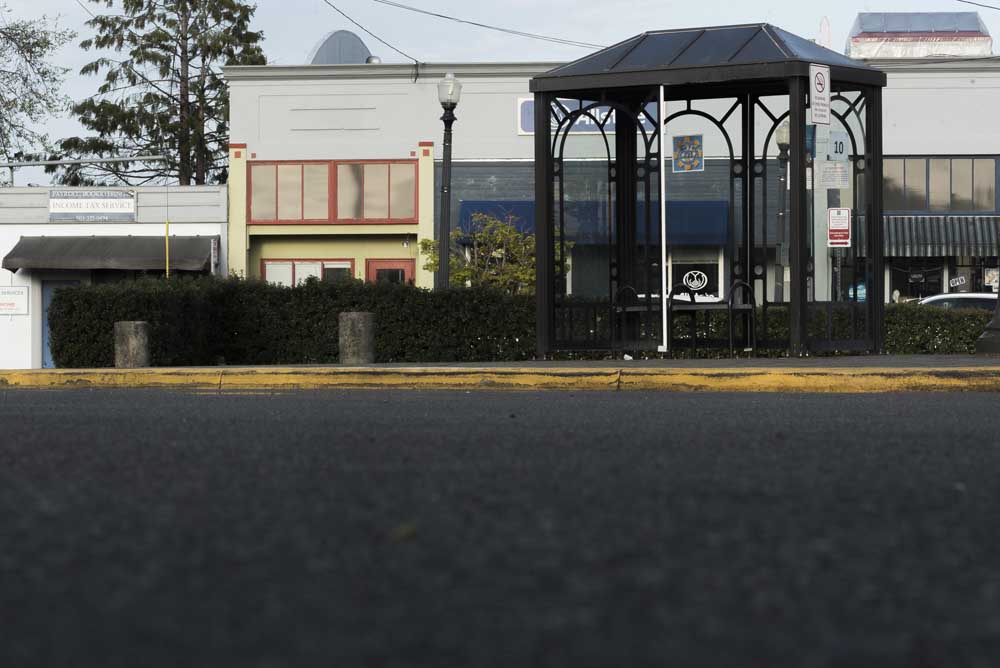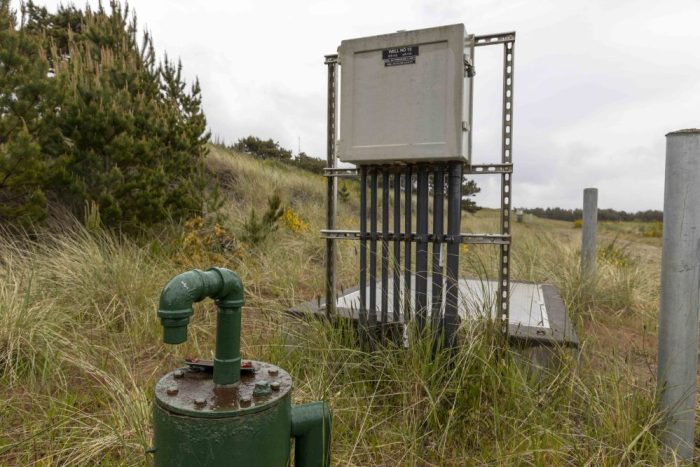Our View: A blow to the North Coast
Published 12:30 am Saturday, September 16, 2023

- The Sunset Empire Transportation District suspended bus service and other operations on April 29.
The financial collapse of the Sunset Empire Transportation District was a blow to the North Coast.
The transit district abruptly suspended operations in late April and brought back partial bus service with the help of about $1 million in state loans.
According to the transit district, ridership was 13,317 in March, the month before the collapse. Ridership was 3,911 in July — a decline of 9,406.
With bus service disrupted, some of the most vulnerable people in our community have had to rearrange thousands of trips to work, the grocery store, medical appointments and visits with loved ones and friends.
We shared the transit district board’s surprise over the financial malfeasance of Jeff Hazen, the former executive director, but as days turned to weeks, and weeks turn to months, we are troubled by the lack of urgency given the human toll.
In tone and substance, the transit district board has too often acted like bystanders. At least Paul Lewicki, who was appointed interim executive director after Hazen resigned, recognized the moment after the latest indignity involving a failed website. “It has been the most frustrating, unbelievable process to just get the door shut everywhere we turn,” he said.
Many of our elected leaders in local and state government have also had strangely muted public responses. At a meeting of the Northwest Area Commission on Transportation in Scappoose in July, former state Sen. Betsy Johnson and Astoria City Councilor Elisabeth Adams — who used to work at the transit district — asked the kind of sharp questions that are necessary, but that seemed like an anomaly.
The transit district’s seven-member board is elected by voters. Their roles are to oversee the executive director and set policy.
We recognize that these are volunteer positions. Ideally, we prefer that these boards function more like juries — open-minded, objective and drawn from a cross section of the community.
While not experts, board members should understand the scope of their roles and their fiduciary responsibilities.
Too many of our local boards and commissions struggle to find an effective balance. Some see themselves as partners with administrators and shy away from meaningful oversight, while others exceed their authority and interfere in day-to-day operations.
Anyone elected to the transit district board should have been aware of the danger of financial malfeasance. A decade ago, the transit district nearly imploded after a budget crisis that led to staff cuts and a significant reduction in services. The executive director at the time eventually faced theft and official misconduct charges.
A state compliance review of the transit district completed in June found that the board — like the Oregon Department of Transportation — was “insufficiently aware” of the financial problems that led to the collapse under Hazen. “Interview descriptions of the board composition suggest it is comprised of well‐intentioned community volunteers that may not possess the requisite financial management or grants management experience to critically evaluate management reports,” RLS & Associates, which conducted the review for the state, determined.
Worse, the review found, transit district staff alarmed by Hazen’s behavior did not view the board as a potential backstop. “Employees did not feel that they could report harassment to the board, as it was perceived he enjoyed favorable relationships with board members and its constituent members,” the review stated.
Some on the board appear startled by the few darts they have received publicly in the months since the collapse. But they cannot wriggle out of accountability: At best, they were unaware of Hazen’s mismanagement. At worst, they were complicit.
The Department of Transportation is preparing an audit of the transit district, so, hopefully, a more complete picture will emerge.
People on the North Coast who rely on the bus for transportation do not have much power or influence. As we wait for the findings of the state audit, we wonder what the response to those thousands of rearranged trips might look like if they did.





